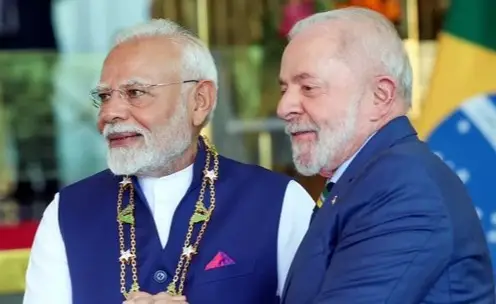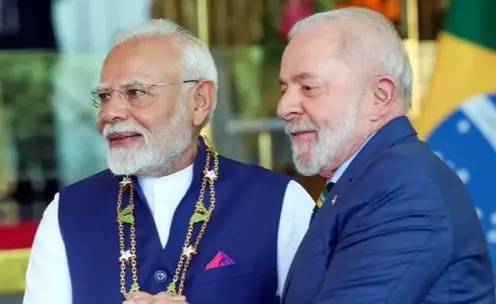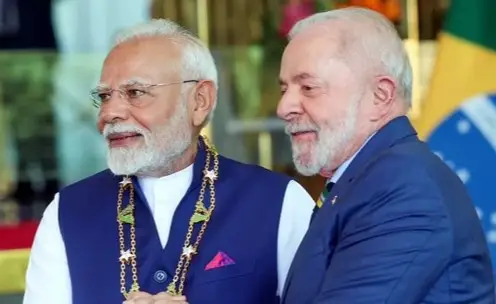
Ex-VP Dhankar talks about ‘chakravyuh’ of narrative in 1st speech after exit as VP
In a highly anticipated speech, former Vice President Jagdeep Dhankhar addressed the public for the first time since his sudden resignation in July, citing health concerns. The speech, which was widely awaited, provided a glimpse into the thoughts and reflections of the former VP, who chose to step down from his prestigious position. During his speech, Dhankhar cautioned the audience about the dangers of getting caught in the “chakravyuh” of narrative, a term that originates from the ancient Indian epic, the Mahabharata.
For those unfamiliar with the term, “chakravyuh” refers to a labyrinth or a maze that is almost impossible to escape once one is trapped inside. In the context of the Mahabharata, the chakravyuh was a complex battle formation that was used by the Kauravas to trap their enemies. Dhankhar’s use of this term is significant, as it highlights the complexity and the potential dangers of getting caught in a narrative that may not be entirely accurate or truthful.
“God forbid that anyone gets caught in Chakravyuh (trap) of narrative. If someone gets trapped in this labyrinth, it becomes very difficult to get out,” Dhankhar stated, his words laced with a sense of caution and warning. The audience listened intently, sensing that there was more to his words than met the eye. Dhankhar’s statement was not just a philosophical musing, but a reflection of his own experiences, both in politics and in life.
As he continued to speak, Dhankhar jokingly said, “I am not giving my own example,” after which the crowd erupted in laughter. The laughter was not just a response to the humor, but also a sign of relief, as the audience sensed that Dhankhar was not going to delve into the specifics of his resignation or the circumstances surrounding it. Instead, he chose to focus on the broader themes and lessons that he had learned during his tenure as VP.
The concept of the chakravyuh is particularly relevant in today’s world, where narratives can be manipulated and distorted to suit various agendas. The rise of social media has made it easier for false or misleading information to spread quickly, often with serious consequences. Dhankhar’s warning about the dangers of getting caught in a narrative is a timely reminder of the need to be critical and discerning in our consumption of information.
As a seasoned politician, Dhankhar is well aware of the power of narrative and its ability to shape public opinion. During his speech, he emphasized the importance of being mindful of the narratives that we create and participate in, lest we get trapped in a labyrinth of our own making. His words are a reminder that narratives have the power to both unite and divide, and that we must be careful not to get caught in a cycle of misinformation and disinformation.
Dhankhar’s speech also highlights the importance of reflection and self-awareness in public life. As a public figure, he has had to navigate the complexities of politics and governance, often in the face of intense scrutiny and criticism. His decision to step down as VP, citing health concerns, was a surprise to many, and his speech provides a glimpse into the personal and professional challenges that he faced during his tenure.
In conclusion, Jagdeep Dhankhar’s first speech after his resignation as VP is a thought-provoking reflection on the dangers of getting caught in the “chakravyuh” of narrative. His words are a timely reminder of the need to be critical and discerning in our consumption of information, and to be mindful of the narratives that we create and participate in. As we navigate the complexities of public life, Dhankhar’s speech is a call to action, urging us to be aware of the potential dangers of narrative and to strive for truth, accuracy, and fairness in all our endeavors.






